Abysmal global literacy of US college students
Updated: 2016-10-21 07:39
By Chen Weihua(China Daily)
|
||||||||
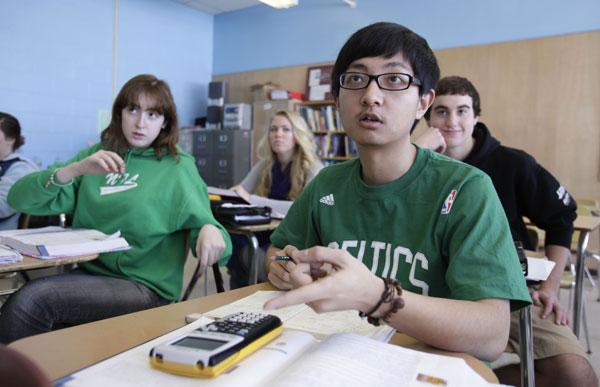 |
|
Chinese student Zou Minzhe answers a question in a statistics class at Orono High School in Orono, Maine, United States, on March 8, 2011. Zou has credited his year at the school with helping him get accepted to five US colleges. Robert F Bukaty / for China Daily |
The poor global literacy of college-aged students in the United States revealed in a recent survey provides a clue to why US politicians can publicly and falsely accuse China time and again.
The global literacy survey, sponsored by the Council on Foreign Relations and the National Geographic Society, found that only one-quarter of the students knew that China is a country with veto power over United Nations Security Council resolutions due to its status as a permanent member of the council.
Less than half (49 percent) knew that Mandarin Chinese was spoken by the most people in the world as their primary language. And 67 percent believe China has a larger economy than the US, some-thing only true according to an IMF report comparing purchasing power. Only 29 percent think the US economy is larger.
No wonder the two US presidential candidates, Republican Donald Trump and Democr at Hillary Clinton, can accuse China of currency manipulation despite the basic facts.
Fred Bergsten, a senior fellow at the Peterson Institute for International Economics, who years ago accused China of currency manipulation, is now saying that there is no currency manipulation in China and if there is, it's only positive manipulation. A US Treasury report on Oct 14 dismissed China as a currency manipulator. It instead praised China's intervention in foreign exchange markets as seeking to prevent a rapid RMB depreciation that would have had negative consequences for the global economy.
Council on Foreign Relations President Richard Haass and National Geographic Society President and CEO Gary Knell collectively sighed at the significant gaps between what young people understand about today's world and what they need to know to successfully navigate and compete in it.
Only 29 percent of the respondents earned a minimal pass (66 percent correct or better). Just over 1 percent -17 of 1,203 -earned an A (91 percent or higher).
Other shocking findings included only 28 percent knew the US is bound by treaty to protect Japan if it is attacked and only 34 percent knew this about South Korea. More alarmingly, only 30 percent knew that the US Congress is the constitutional authority to declare war.
- How much do we know about US college students?
- Chinese students focus on US college entrance exam
- Building healthy rhetoric in China-US ties
- Chinese premier calls for more efforts to promote China-US economic ties
- More China-US collaboration vital for region
- US think tanks must help promote better China-US relations
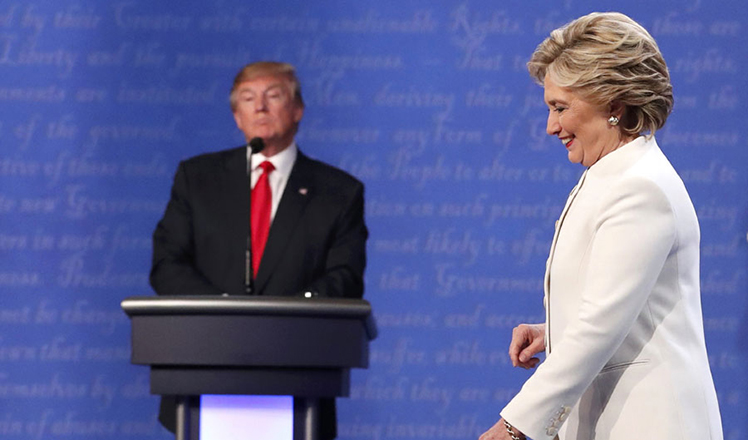
 Trump refuses to say he will accept election results
Trump refuses to say he will accept election results
 Top guns: Airshow China in past two decades
Top guns: Airshow China in past two decades
 Street photographer captures hustle-bustle of Beijing
Street photographer captures hustle-bustle of Beijing
 Five-time Olympic champion diver Chen Ruolin retires
Five-time Olympic champion diver Chen Ruolin retires
 Glimpse into lifestyle of astronauts in space
Glimpse into lifestyle of astronauts in space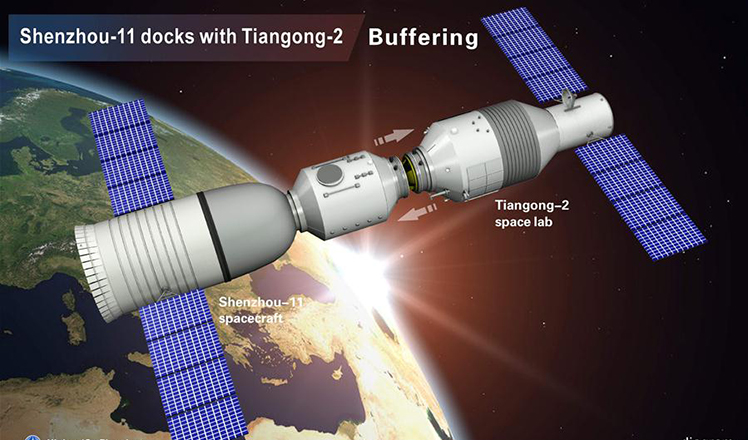
 Shenzhou XI spacecraft docks with Tiangong-2 space lab
Shenzhou XI spacecraft docks with Tiangong-2 space lab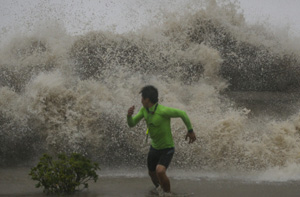
 Typhoon Sarika makes landfall in South China
Typhoon Sarika makes landfall in South China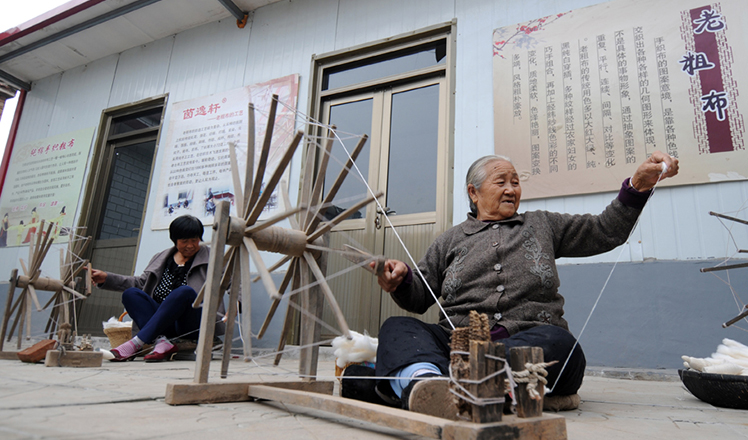
 Handmade coarse cloth gets new shine
Handmade coarse cloth gets new shine
Most Viewed
Editor's Picks

|

|

|

|

|

|
Today's Top News
'Zero Hunger Run' held in Rome
Trump outlines anti-terror plan, proposing extreme vetting for immigrants
Phelps puts spotlight on cupping
US launches airstrikes against IS targets in Libya's Sirte
Ministry slams US-Korean THAAD deployment
Two police officers shot at protest in Dallas
Abe's blame game reveals his policies failing to get results
Ending wildlife trafficking must be policy priority in Asia
US Weekly

|

|









